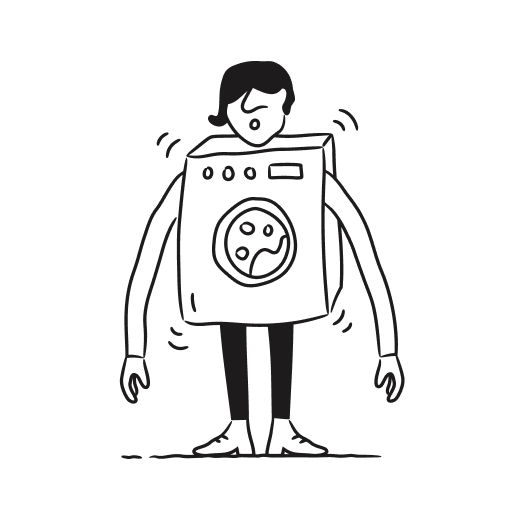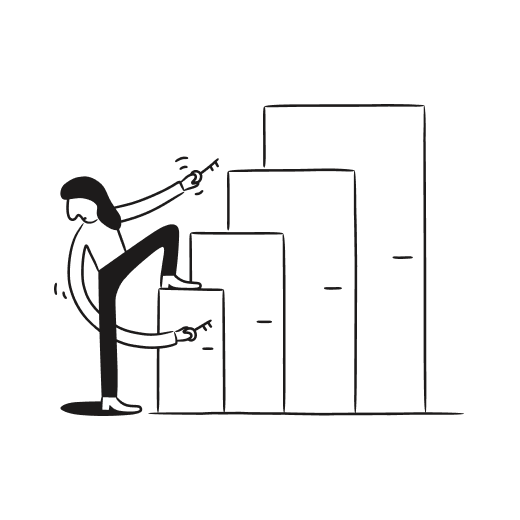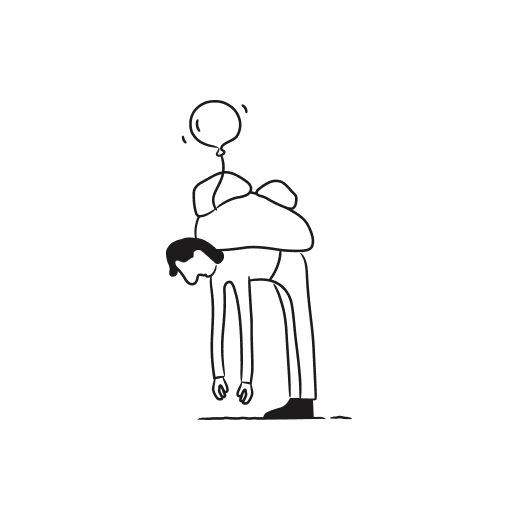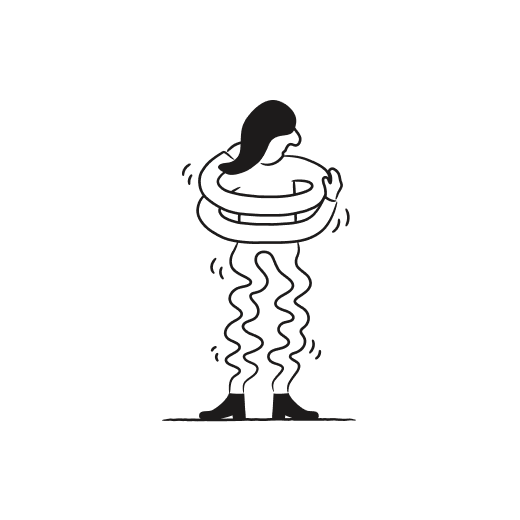What we treat
We treat a range of symptoms including anxiety and worry, depression, post-traumatic stress disorder, obsessive compulsive disorder, phobias, sleep problems, and stress.
What we treat
People often ask us...
It’s natural to have an interest in your treatment. People often want to know what we do, how it works and whether it will work for them. Here’s our take on some of the questions we often come across.
As we’re an online therapy service, the communication you have with your therapist is through written messages on our therapy website.
They’ll send you a message through the therapy website to set up the first appointment rather than calling you. Don’t worry, whenever your therapist messages you or sets up an appointment, you’ll receive a notification email.
Using the email, login to the platform to view the message or appointment. And, if you’re not receiving notifications, check your spam folder.
After your therapy sessions have ended, you’ll be able to log in to the Mindler (previously ieso) site for 20 years after discharge, allowing you to access all of your sessions, messages and goals to remind yourself of the skills you’ve learnt. If you find yourself feeling worse again or experiencing new difficulties, you can go back and use this information. However, you are welcome to return to therapy if you are still struggling. *
*Provided you’re still registered with a GP in an area where we’re contracted by the NHS.
Your clinician will help you prepare for ending therapy so that you feel confident to continue developing your CBT skills independently. Towards the end of therapy, you may be asked to lead the sessions more to help build your confidence. During your final session, you will create a plan that works for you and that will maintain your progress and enable you to cope with any setbacks.
Self-help materials like videos or journaling can certainly help treat common mental health issues. However, lots of people find they feel better much quicker with Mindler (previously ieso) therapy because it’s:
- One-to-one: With the support and guidance of weekly sessions with your clinician it’s easier to stick to your treatment plan.
- Personalised and targeted: Our therapy isn’t one-size-fits-all. We specifically tailor it to suit your needs.
- Faster: Because it’s more targeted, it’ll usually take less time.
The time it takes from sign-up to first session with a qualified clinician is usually around 10 days (although in very busy periods it can take a little longer).
As soon as you’ve been referred or have self-referred to us, you’ll be able to create and activate your Mindler (previously ieso) account and complete a self-assessment.
We’ll then check we have all the information we need to match you with a clinician. We ask that you provide this information to make sure Mindler is a suitable service for the support you need. Information we require include:
- Details of your GP
- Your home address and a few other personal details that we collect on behalf of the NHS
- Your mobile number
- When you’re available to have sessions
- Your completed self-assessment questionnaires
Once we’ve checked your information and are sure this is the right service for you, you will be sent an SMS link to book your first session.
(If our service isn’t suitable for you for any reason, we’ll contact you to explain why and give you details of a local service that can help.)
Get started with Mindler (previously ieso)
In certain areas of the UK you can self-refer to Mindler. If you are unable to refer directly please speak to your GP to see if Mindler (previously ieso) is available. If you'd like to find out about other mental health support options available in your area, visit the NHS website.








Social anxiety disorder
With social anxiety disorder, or ‘social phobia’, social interactions for example meeting new people or public speaking, can trigger extreme anxiety, fear, self-consciousness and embarrassment.